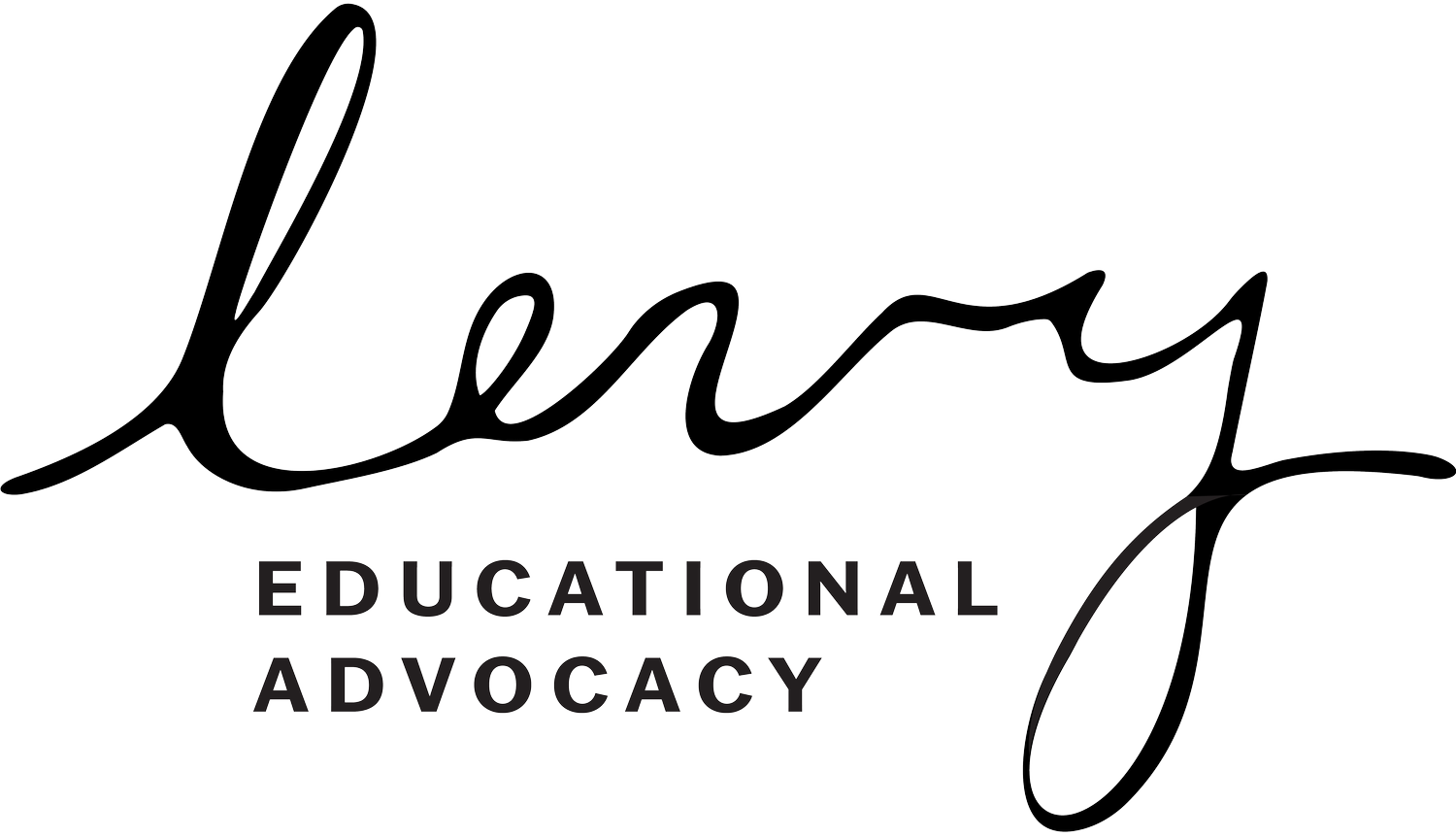When a Student with an IEP Fails a Class, the System Has Failed First
When a student with an Individualized Education Program (IEP) fails a class, it’s not just an academic issue—it’s a systemic failure. For students entitled to specially designed instruction and individualized supports, failing is not a sign of inability. It’s a sign that something in the plan, or its implementation, has broken down.
At Levy Educational Advocacy, we work with families across the Northeast who are blindsided by low grades or course failures—often without any prior warning or problem-solving from the school team. And too often, by the time a parent finds out, it’s too late to intervene meaningfully that semester.
Where Were the Interventions?
An IEP is more than a legal document—it’s a commitment. If a student is failing a core subject or multiple classes, that should immediately trigger a team review of the student’s supports.
Are accommodations being used as written?
Are interventions matched to the student’s actual areas of need?
Are goals targeted, measurable, and tracked regularly?
A drop in performance or engagement is a red flag, not a reason to penalize the student, but a call for the IEP team to act.
At Levy Educational Advocacy, we emphasize that the IEP is a living document—meant to evolve as student needs change. If a student is failing, and the plan remains unchanged, the system isn’t doing its job.
Communication Can’t Be an Afterthought
We’ve supported countless families who didn’t know their child was in trouble until report cards were issued. Parents are told:
“They’ve missed 18 assignments.”
“They haven’t passed a quiz in weeks.”
“We’ve been concerned, but…”
That “but” often leads to excuses instead of solutions. Where were the phone calls? The team meetings? The progress monitoring?
Case managers, special educators, and guidance staff must collaborate proactively, not reactively. Students with IEPs need an adult team around them who are tracking, communicating, and adjusting supports in real time.
Failure ≠ Inability
When a student with an IEP fails a class, it often reflects a mismatch in support—not a lack of ability. Maybe they needed:
More structured instruction
Explicit executive function support
Broken-down tasks and time management tools
Check-ins for emotional or behavioral needs
These are not optional extras—they’re part of delivering FAPE (a Free and Appropriate Public Education). If those supports aren’t in place and the student fails, the district has likely failed in its obligation.
What Should Be Happening Instead?
At Levy Educational Advocacy, we help families push for the following:
Frequent data reviews – Grades, goal progress, and attendance should be reviewed by the team regularly, not just at annual meetings.
Proactive IEP team meetings – If a student is failing, call a meeting now. Waiting for the end of the marking period is too late
Documented parent communication – Families should be equal partners, not last-minute recipients of bad news.
Accountability for implementation – Were accommodations and supports delivered as written? If not, why not?
In Closing
Failure isn’t just a student outcome—it’s a system signal. When a student with an IEP fails a class, we must ask what the adults didn’t do, not what the student couldn’t do.
At Levy Educational Advocacy, we help families navigate these breakdowns with clarity, strategy, and urgency, because every missed opportunity to intervene is a missed opportunity to support a child’s success.
If your child is failing despite having an IEP, let’s talk.
You are not alone, and you are not powerless.
We are here to help.
